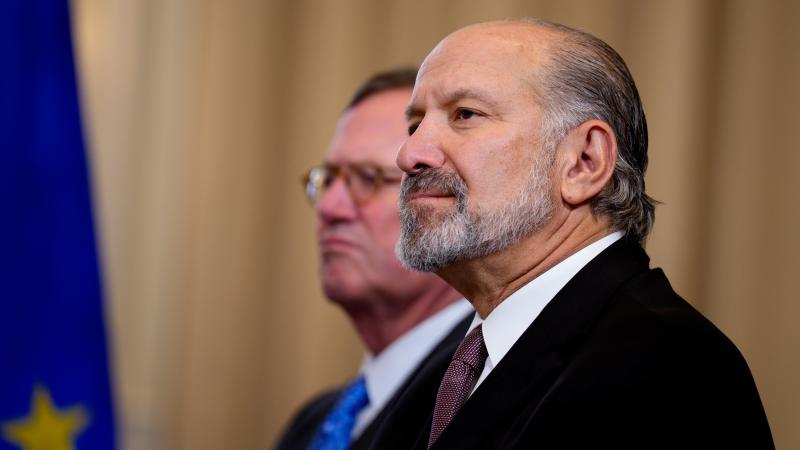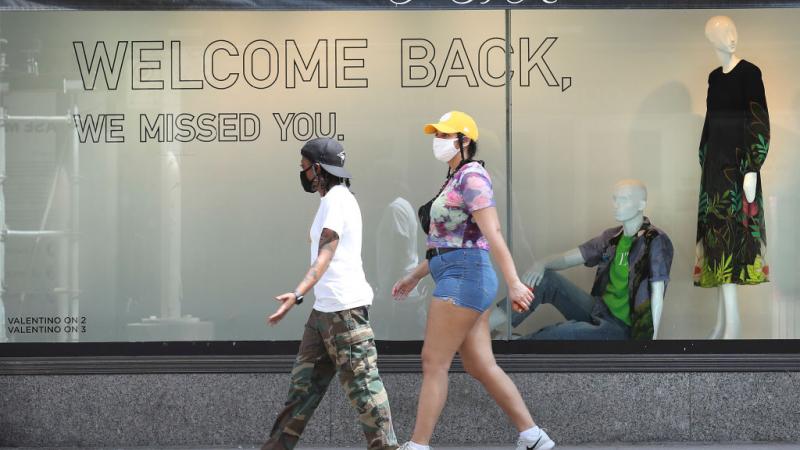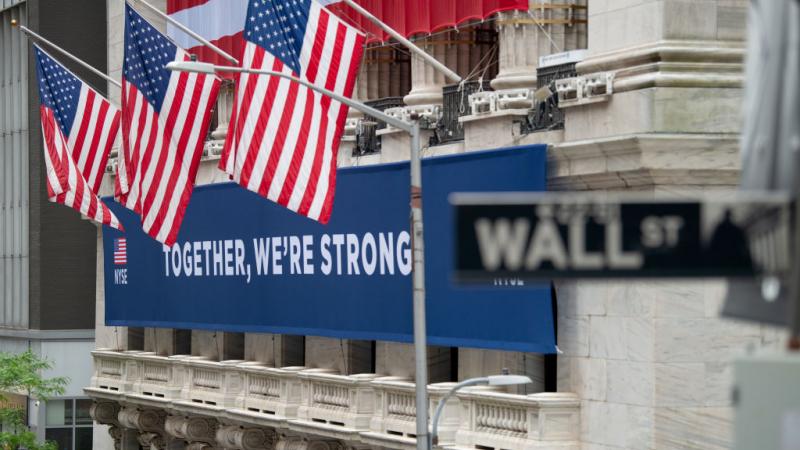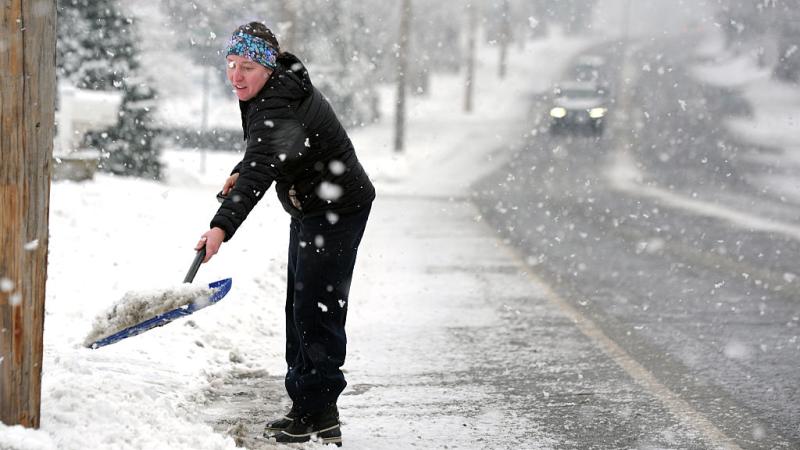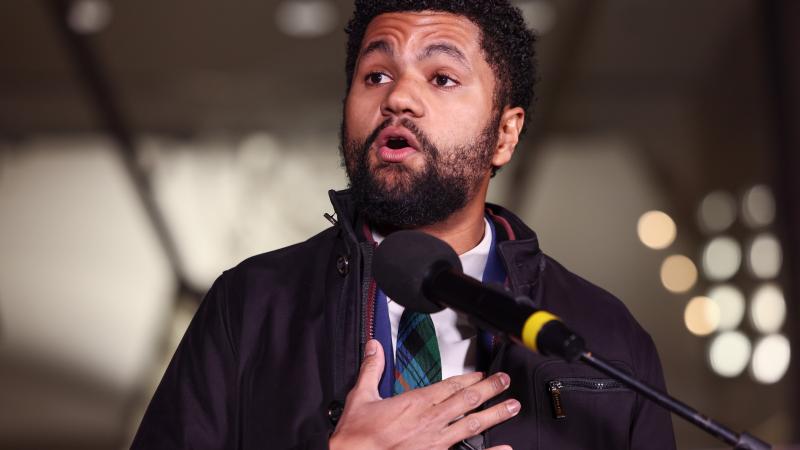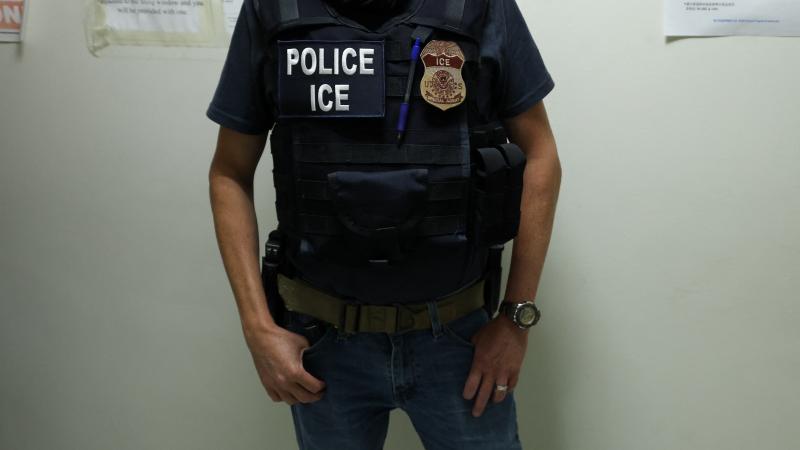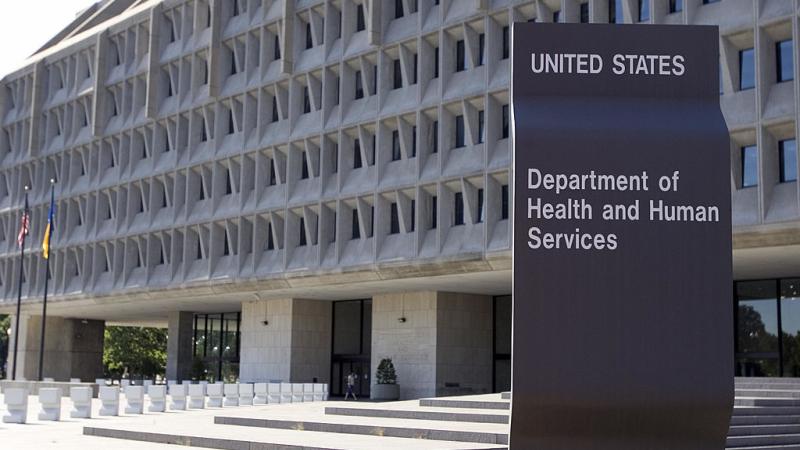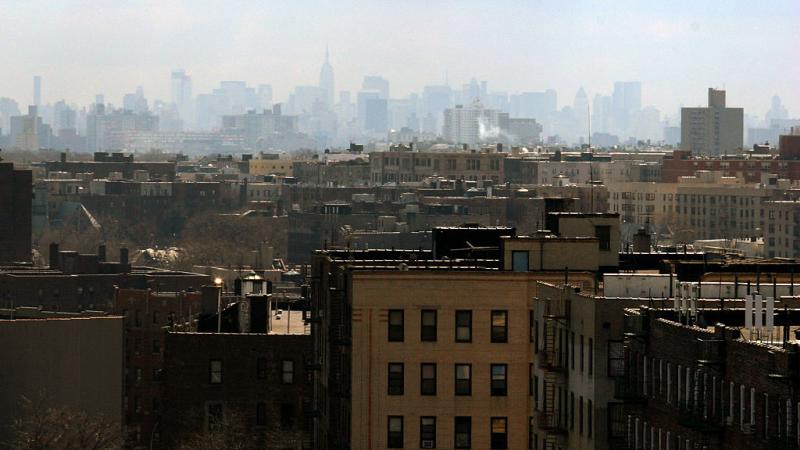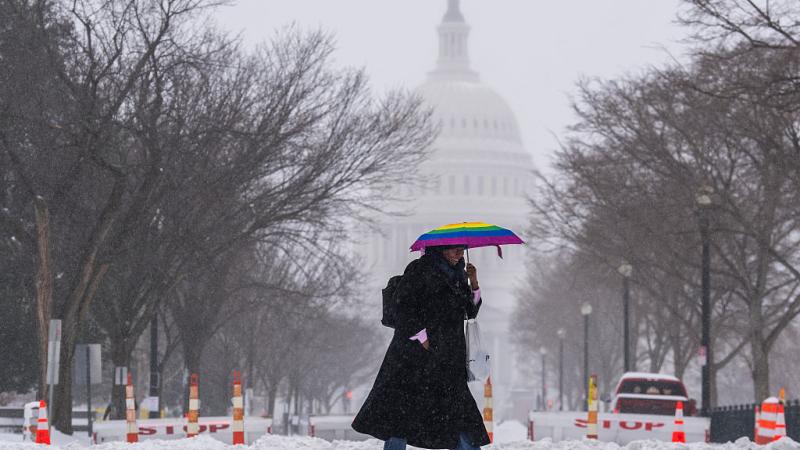Trump's comments in Davos help fuel accusations that banks are closing accounts of conservatives
Confidentiality rules prohibit banks from telling customers who have been "debanked" why their accounts are closed, which critics say provides cover for banks cutting off businesses or individuals for political reasons.
During a speech at the World Economic Forum in Davos, Switzerland, President Donald Trump reignited a debate over the practice of people having their bank accounts closed as a result of their politics.
“I hope you start opening your bank to conservatives, because many conservatives complain that the banks are not allowing them to do business within the bank, and that included a place called Bank of America,” Trump said. He also accused JP Morgan of the practice.
Both banking firms, The Telegraph reports, have denied they are making banking decisions based on the politics of individuals they do business with.
Perfect cover
Most of the evidence in play comes from individuals claiming to have been debanked as a result of their political positions. Regulations require firms to verify identities of customers and assess their risks — something called “Know Your Customer” rules — in order to identify suspicious activity, such as money laundering or financing terrorism. Then, by debanking the individuals, they can stop terrorism and crime.
The regulations also require confidentiality, so the bank isn’t allowed to inform those who have been debanked why their accounts are closed, otherwise a money laundering operation, for example, would be tipped off that they’re being watched. This rule, experts say, is being exploited to allow banks to close accounts for political reasons.
“It gives them perfect cover,” Will Hild, executive director of Consumers’ Research told Just the News.
High-profile individuals
While the regulations were meant to target money laundering and after Sept. 11, 2001, terrorism, high-profile individuals claim that they’ve been debanked for political reasons. This includes Trump’s former lawyer John Eastman, who said Bank of America shut down his 40-year-old accounts without any explanation given. The lawyer told The Telegraph that it’s because of “cancel culture brass in the corporate boardroom.”
In her memoir, First Lady Melania Trump also claims that her bank account and that of her son Barron were also shut down following the Jan. 6 riots, and she says the decision appears to be a result of hers and Barron’s politics. On the Joe Rogan podcast, Venture Capitalist Marc Andreesen claimed that over the past four years, 30 crypto entrepreneurs were debanked.
“Obviously, none of those people are involved in Al Qaeda or any kind of terrorist activity,” Hild said.
Connected system
Besides the secrecy surrounding the reasons why banks have individuals’ accounts, suspicions are high following the allegations that firms colluded as part of environmental, social and governance (ESG) initiatives to advance progressive causes.
Andreessen’s comments on the podcast caught the attention of Rep. James Comer, R-Ky., chair of the House Oversight Committee, who is now investigating these reports. Comer sent a letter last week to tech leaders, including Andreesen, asking for more information on their experiences being debanked.
When someone is debanked, it’s not just a matter of finding another bank to do business with. The banks operate as a system, and so they share reports on individuals deemed to be high risk.
“When you go to get a cup of coffee, you don't say, ‘I'm interacting with the coffee delivery system.’ You're going into a Starbucks individual location. The issue with banking is, because we've set it up to block bad actors, if you get debanked by one bank, all the other banks know about that,” Hild explained.
The point was also made at a webinar hosted by The Federalist Society. While many conservatives support a free market system where businesses can freely choose who they want to do business with, if banks are freezing people out over their political beliefs, it would potentially undermine free speech rights.
“Do we think it's appropriate to cut off the electricity at someone's house or where they do business because the electric company feels that they don't really like what's going on there?” Rohit Chopra, director of the Consumer Financial Protection Bureau (CFPB), asked rhetorically during the webinar.
Chopra said that bank lobbyists wouldn’t support rules the CFPB proposed to prevent debanking on the grounds of political speech.
“If the banks are not doing this, why would they not support some common sense prohibitions that really can ensure that this is not occurring?” Chopra said.
Todd J. Zywicki, professor of law at George Mason University, pointed out that the banking industry is highly regulated, which limits the number of firms that can enter the market, limiting competition from banks that might welcome customers who feel shut out by established firms.
Squashing civil liberties
If this is occurring, and there wasn’t any doubt expressed by the webinar panel that it is — it was more a question of how often — Zywicki illustrated the threat to civil liberties if it were allowed to continue. He pointed to the 2022 Canadian trucker protests, in which Prime Minister Justin Trudeau threatened to debank the protestors, over claims they were trespassing and creating a public nuisance.
“If you look back at the history of the civil rights movement, Martin Luther King and the Southern Christian Leadership Conference got in trouble for trespassing and creating a public nuisance. If we took the logic of the modern debanking movement, The Southern Christian Leadership Conference could have been called a criminal conspiracy. They could have been targeted for debanking. And Martin Luther King and the SCLC could have lost their access to financial services to get financial support, to engage in what they are doing,” Zywicki said.
While conservatives are the loudest critics of debanking, Hild with Consumers’ Research said in an interview that there’s no reason to think it wouldn’t be a bipartisan issue.
Moral obligation
“I don't think Democrats really want big banks deciding whether AOC [Rep. Alexandria Ocasio-Cortez, D-N.Y.] can have a bank account either. So, this is a question of the culture of free speech that we have in this country, and whether we're going to be able to maintain that, or if banks are going to decide the Overton Window of allowable politics or not. I don't think anybody wants that, and I don't think they should,” Hild said.
Hild also said that the issue of debanking is one that’s begging for a whistleblower.
“When the people in authority are breaking the law in the orders that they're giving you, and they're asking you to be complicit in the violation of somebody else's rights, that's a point where you have a moral obligation to tell the regulator to stop it,” Hild said.
